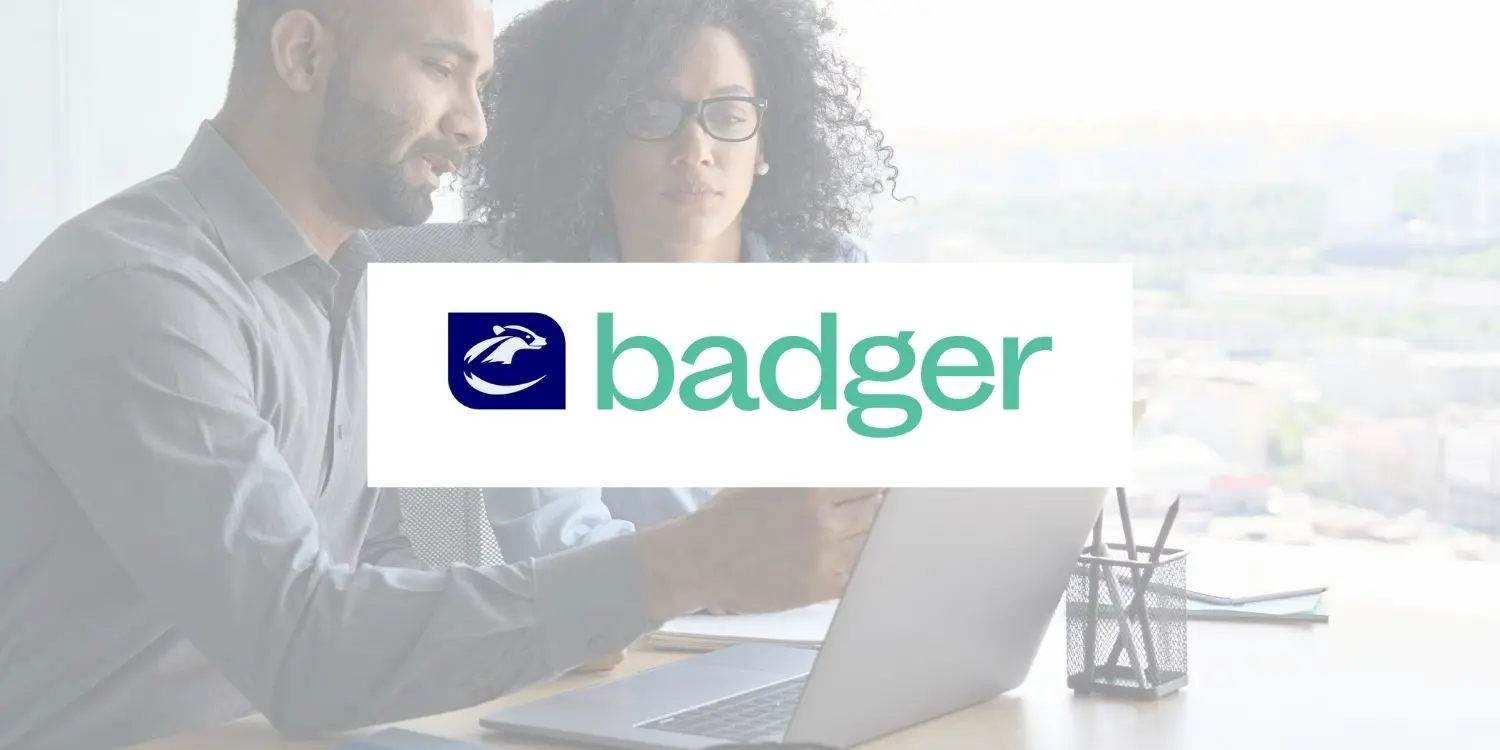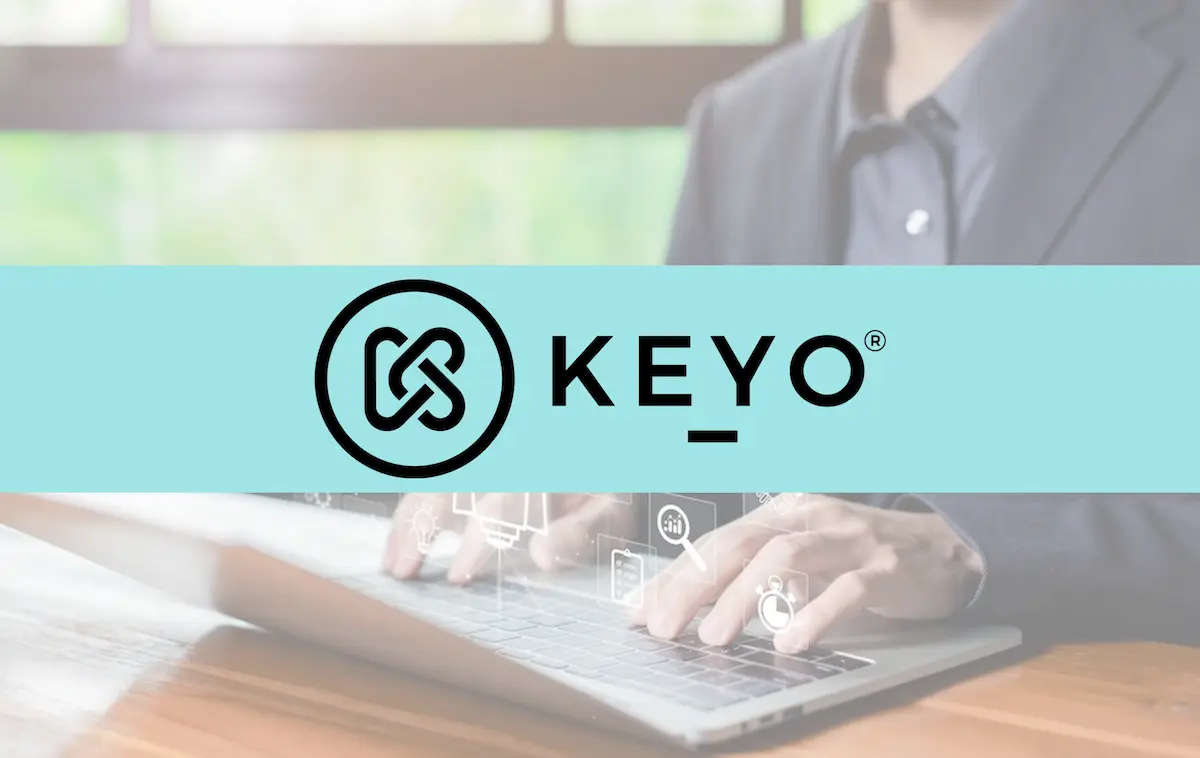About the Company
DrivenIQ is a data technology startup that delivers first-party data and micro-targeted audiences for brands, enterprises and retailers looking for effective marketing audiences in a cookieless world.
The Opportunity
Less than a year after its founding, DrivenIQ was experiencing explosive growth and had already acquired another company, gaining 150-200 new clients overnight.
“We were having hockey stick trajectory growth. And so, we realized that there was a product market fit for what we did. The goal was [to] be lean and efficient as a small startup, because we were pre-seed round, and it was all boot-strapped at that point,” states Albert Thompson, the founder.
The company decided to leverage flexible finance talent to manage and improve financial tasks like billing, bookkeeping and capital management in order to keep up with its growth. This would set them up to enter Series A funding and future funding rounds, with eventual sights on an IPO.
The Solution
Like many startups, DrivenIQ was not at a stage to hire full-time accounting or finance leadership. However, with the objective of series funding and an eventual IPO, they needed a solution to help them manage their bookkeeping and capital runway and build a path to Series C.
Paro matched DrivenIQ with accounting and strategic advisory solutions to help them build a path to funding. Paro introduced the team to Jay, a fractional controller, and Dave, a fractional CFO, to partner with them towards their goals.
Integrated and improved accounting processes save costs
Jay initially came onboard to execute full-charge bookkeeping tasks, managing processes like accounts receivable, accounts payable, payroll, monthly finance reporting and end-of-month finance recaps. But he quickly took on a controller role in order to review and recommend system improvements and to align new processes and workflows.
After the company’s acquisition and substantial client increase, DrivenIQ needed to upgrade its billing processes.
“We’re moving into this SaaS model, but we’ve got different variations of how it’s built. [Jay] was able to really help us not just solve for our monthly recurring revenue, but how much were we really collecting in terms of revenue? And then, how could we build those workflows and those processes to ensure that we were actually putting our arms around that money?” Albert says.
Moreover, Jay immediately noticed some areas of opportunity in DrivenIQ’s financial stream and built a plan to troubleshoot. Initially, the company was spending thousands of dollars per month on credit card APR fees. Jay quickly streamlined a plan to transition the company towards ACH electronic payments in place of credit card transactions. As a result, the company’s credit card expenses decreased from $7k-$8k per month to just $800-$900 per month.
Financial leadership establishes fundraising strategy and financial roadmap
With stronger accounting processes in place, Albert and his team could keep pace with their growth. But now they needed a solid fundraising strategy. Dave took a financial snapshot of the business and helped DrivenIQ build a financial roadmap for their Series A round. To start, Dave put together an investor deck and a use-of-funds analysis for the funding round, and he helped the company craft an overall strategy.
Over time, however, DrivenIQ and Dave have evolved their partnership, as Dave continues advising on financial strategy, developing and presenting the company’s budget at board meetings and implementing cost-saving measures to drive financial growth. And the company is now discovering ways to insure and protect its capital investments for the first time.
The Impact
By developing a lean accounting function and building its financial roadmap, DrivenIQ was able to secure $15M in Series A funding, and the company is already planning the next round of funding with Jay and Dave’s help.
Moreover, by working with expert accounting and finance leadership, DrivenIQ was able to reduce costs and seize on tax credit opportunities, including the employee retention credit (ERC). Overall, their capital structuring and process changes saved the company over $45K in Q1 of 2022.
The most important impact, however, was in building company morale. As a startup with a limited headcount, accounting processes were tasked to employees whose expertise best suited other roles. Through flexible talent resourcing, those employees now have the opportunity to perform in roles that suit their strengths and contribute to company growth.
“It freed up resources, but it also increased and enhanced morale and put people in the right place, and now they’re successful in the roles that they should be,” says Albert.
DrivenIQ was well prepared for their first round of series funding, and now, the company is ideally positioned for their next series and a continued growth trajectory.






